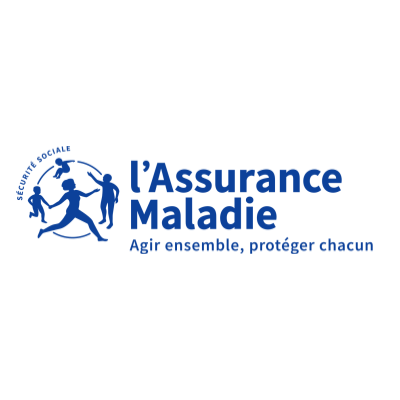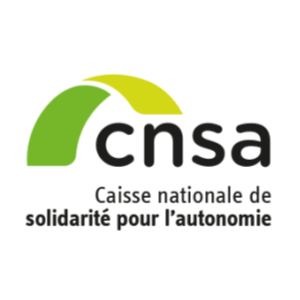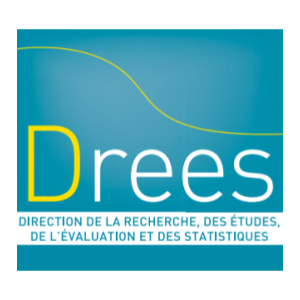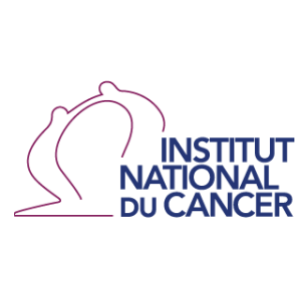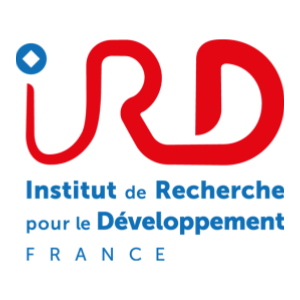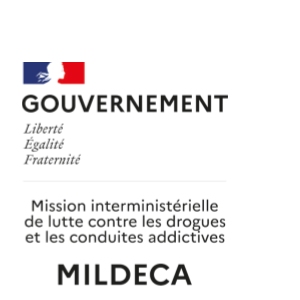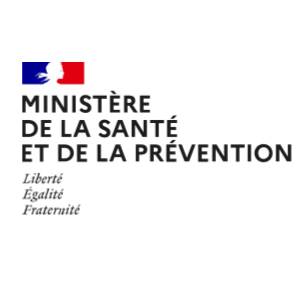Autogestion du risque de blessure et systèmes d’aide à la décision basés sur la modélisation prédictive. Développement, mise en œuvre et évaluation dans le cadre de l’étude de cohorte MAVIE
Résumé de soumission
Context
In order to promote health self-management, predictive personalized models combining different type of data and used by the citizen can be designed to raise individual awareness and empower him or her to participate in the management of his or her health, with application in lifestyle, wellbeing and prevention. This approach is particularly relevant in the field of injury where the human factor plays a predominant role. Each year in France, 5 million people (1 out of 14) attend an emergency room as a consequence of a non-intentional injury and about 25,000 die. Injuries account for 9% of all deaths and 14% of years of life lost.
Method
Our proposal aims to develop and evaluate a decision support system (DSS) for the self-management of the risk of injury, taking advantage of the MAVIE project, a web-based cohort launched three years ago with the objective of prospectively collecting a large range of data relevant to the risk of injury. A total of 28 000 volunteers have already enrolled in the cohort and the final objective is 100 000 participants.
The models to be implemented within the cohort will allow each participant to estimate his own risk for a range of injuries/activities and to virtually experiment with a devoted web-based interface the potential impact of decisions either related to behavior changes or to the adoption of protective devices or environments.
A team will be working on the design of the web-interface that will host this system called MAVIE-Lab.
Models will be implemented with the two following constraints: (i) to learn for exposures and injury events experienced and reported by individuals who are members of the MAVIE cohort (ii) to allow for the knowledge of risks and protective effect collected by the scientific community and reported in literature.
The ideal methodological solution identified to address this problem of combining knowledge already acquired with further information from new data is to implement Bayesian predictive parametric models. In such models, parameters can be provided with a statistical distribution (literature knowledge) and be further specified learning from actual data prospectively gained in the MAVIE cohort.
Perspective
The project will provide an evidence-based tool for injury prevention to all MAVIE cohort members that will be eventually evaluated as a prototype for enlarged injury prevention tools. The rolling out of this MAVIE-Lab DSS beyond the MAVIE cohort will help boosting the development of personal devices used for self-management of health. Valorization and translation of the DSS MAVIE-Lab demonstrator for a larger population will be considered as a second step.
Equipes du projet
Coordonnateur :
LAGARDE Emmanuel
N° ORCID : 0000-0001-8031-7400
Structure administrative de rattachement : Université de Bordeaux
Laboratoire ou équipe : BORDEAUX POPULATION HEALTH RESEARCH CENTER _INSERM U1219
Autres équipes participantes :
Responsable de l'équipe 2 : THIEBAULT Rodolphe
Université de Bordeaux - BORDEAUX POPULATION HEALTH RESEARCH CENTER _INSERM U1219
Responsable de l'équipe 3 : STALZ-KUTAS Catherine
Association Calyxis
Responsable de l'équipe 4 : CONESA David
Université de Valence (Espagne) - Département de statistiques et recherches opérationnelles
Dites-le nous !

